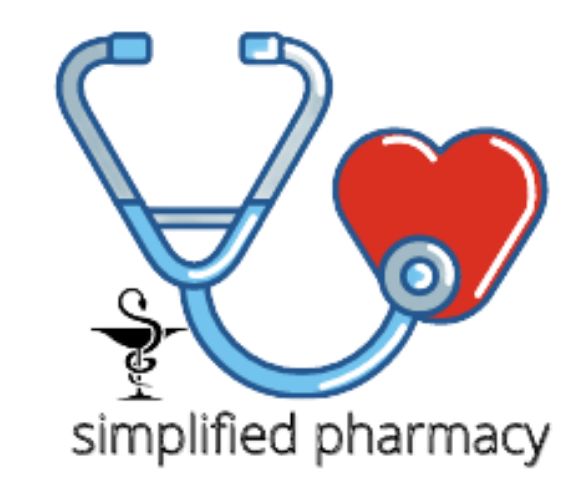
Unveiling the Perils of Hyperthermia for Cyclists
Summer cycling brings a rush of excitement, adventure, and a chance to enjoy the great outdoors. However, as the temperatures rise, so do the risks associated with dangers of summer cycling under the scorching sun. One of the most pressing dangers cyclists face is hyperthermia, a condition where the body’s temperature regulation system is overwhelmed by heat. In this article, we explore the significant risks of hyperthermia during summer cycling and share essential tips to stay safe on your rides.
Understanding Hyperthermia: A Battle Against Rising Temperatures
Hyperthermia occurs when the body absorbs more heat than it can dissipate, causing the core temperature to rise dangerously. As cyclists pedal through sunny landscapes, their bodies generate heat. The combined factors of physical exertion, high ambient temperature, and humidity can tip the balance, leading to overheating. The body’s natural cooling mechanisms, such as sweating, struggle to keep up, paving the way for heat-related illnesses.
The Spectrum of Heat-Related Illnesses: From Heat Cramps to Heat Stroke
1. Heat Cramps
Heat cramps are often the initial warning sign of heat-related stress. These painful muscle contractions are a result of dehydration and electrolyte imbalances caused by excessive sweating. Cyclists experiencing heat cramps should immediately hydrate, find shade, and gently stretch the affected muscles.
2. Heat Exhaustion
Heat exhaustion is a more serious condition characterized by heavy sweating, weakness, nausea, and dizziness. Core body temperature may rise, but not above 104°F (40°C). Cyclists with heat exhaustion must cease activity, hydrate, rest in a cool area, and consider seeking medical attention if symptoms worsen.
3. Heat Stroke
Heat stroke is the most severe and life-threatening heat-related illness. It occurs when the body’s core temperature crosses 104°F (40°C). Symptoms include confusion, rapid pulse, hot and dry skin, and even loss of consciousness. Heat stroke demands immediate medical intervention. Cyclists should call for emergency help and initiate cooling efforts, such as wetting the body and fanning.
Strategies for Preventing Hyperthermia During Summer Cycling
1. Hydration is Key
Staying hydrated is paramount. Cyclists must consume water regularly before, during, and after rides. Electrolyte-rich beverages can help replace lost minerals through sweat.
2. Choose the Right Time
Opt for early morning or late afternoon rides when temperatures are cooler. Avoid the peak heat hours between 10 a.m. and 4 p.m.
3. Dress Wisely
Wear lightweight, moisture-wicking, and light-colored clothing to reflect sunlight. Don’t forget to don breathable helmets and sunglasses.
4. Plan Adequate Breaks
Frequent breaks in shaded areas allow your body to recover. Utilize these breaks to hydrate, snack, and cool down.
5. Stay Informed
Keep an eye on weather forecasts and heat advisories. If extreme heat is predicted, consider postponing your ride or opting for an indoor cycling session.
Conclusion: Beat the Heat, Enjoy the Ride
While summer cycling offers a thrilling escape, the risks of hyperthermia should not be taken lightly. Armed with knowledge and preparedness, cyclists can conquer the challenges of heat and continue to relish their two-wheeled adventures. Prioritize safety, stay cool, and pedal responsibly, ensuring that every ride is not only enjoyable but also safe under the sun.
Read my book to find more details!
DISCLAIMER
All content and information on this website are for informational and educational purposes only.
It does not constitute medical, psychological, or health advice of any kind and we do not warrant that the information presented herein is free of any errors or omissions.
We are not providing medical, health care, nutrition therapy, or coaching services to diagnose, treat, prevent or cure any kind of physical ailment, or mental or medical condition.
Although we strive to provide accurate general information, the information presented here is not a substitute for any kind of professional advice, and you should not rely solely on this information.
Always consult a professional in the medical and health area for your particular needs and circumstances before making any medical or health-related decisions.
What to read next?
https://simplifiedpharmacy.com/blog/
